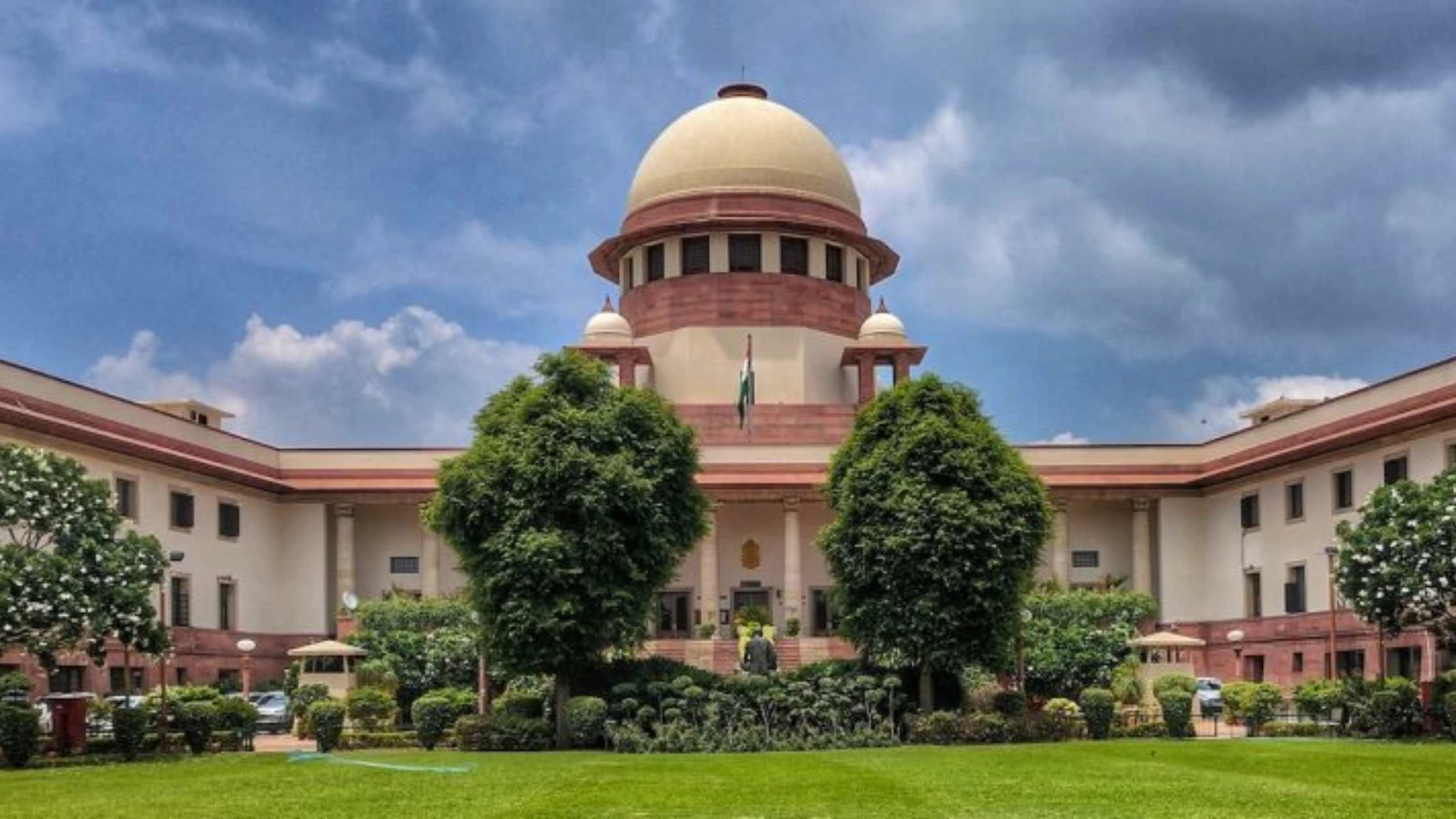Table of Content
▲
Nearly a year after the Maharashtra cabinet abolishes colonial non-agricultural tax, uncertainty continues to haunt thousands of housing societies across the state. Despite the cabinet’s formal decision in October 2024 to eliminate the outdated levy, the absence of a Government Resolution (GR) has left over one lakh societies in a state of confusion, with many still receiving tax notices from local authorities.
The ambiguity surrounding implementation has resulted in a divided response, while some housing societies have stopped paying the tax, others are choosing to comply to avoid potential penalties. The result? A legal grey zone that continues to frustrate homeowners and managing committees.
Understanding the Colonial-Era NA Tax
The non-agricultural (NA) tax was originally introduced under a British-era law to regulate land use conversions within municipal boundaries. It was primarily imposed on properties constructed on plots that were once designated as agricultural land, even after they were developed for residential use.
This tax, however, did not apply to designated gaothan (village settlement) areas. Over time, the relevance of the NA tax diminished, especially in urbanized regions where property owners already pay property tax and other municipal charges. The result has been a longstanding complaint of “double taxation” — one that the state government finally acted upon in October 2024.
Also Read: Women Homebuyers in Uttar Pradesh to Save 1% Stamp Duty on Properties up to ₹1 Crore
What Was the Cabinet’s Decision?
In a long-overdue move, the Maharashtra cabinet abolishes colonial non-agricultural tax to provide relief to homeowners burdened by redundant levies. The decision was meant to streamline property-related taxation, eliminating the NA tax for residential units located within municipal limits.
The announcement, made with much fanfare, was expected to benefit lakhs of homeowners, particularly in cities like Mumbai, Pune, Nashik, and Nagpur, where urban sprawl has resulted in large-scale development on erstwhile agricultural plots. However, the absence of an official GR has cast a shadow over the move’s effectiveness.
Ground Reality: Confusion Persists
Despite the cabinet’s decision, housing societies in several parts of Maharashtra continue to receive NA tax demands from talathi offices. In many cases, societies are being asked to submit land documents and prove that their plots are eligible for conversion, a demand that contradicts the spirit of the cabinet’s move.
One society secretary from Mumbai’s western suburbs shared, “We were shocked to receive a notice asking us to prove that our land qualifies for NA conversion. When we pointed out that the Maharashtra cabinet abolishes colonial non-agricultural tax, the officials said they haven’t received any formal order. It’s frustrating.”
This confusion has caused operational delays in many societies, especially those in the process of renewing land records or updating lease agreements. With no clarity on whether to comply or contest, many management committees are in a bind.
What the Government Says
According to sources within the state’s revenue department, the delay in issuing a Government Resolution is due to procedural and legal formalities. Officials have indicated that a GR is “likely to be issued soon,” which will clarify the operational framework for implementing the cabinet’s decision.
Until such communication is made official, however, the gap between policy and execution continues to affect ground-level administration. Without a GR, local officers lack the authority to stop issuing tax demands regardless of what was announced at the cabinet level.
This disconnect between policy and paperwork is precisely why the Maharashtra cabinet abolishes colonial non-agricultural tax headline hasn't translated into real relief for many residents.
Other Taxes Burdening Housing Societies
While NA tax has become a focal point of discussion, it is just one of the several levies housing societies in Maharashtra are required to pay. Others include:
- Property tax
- Water tax
- Electricity duty
- Sewerage and sanitation charges
- Maintenance levies and audit fees
With operational costs already high, particularly in metro cities, the continued demand for NA tax despite its announced abolition is making budgeting and compliance difficult for many societies.
What Housing Societies Should Do Now
Until the formal GR is issued, societies are advised to tread cautiously. Legal experts suggest the following interim steps:
- Document all notices and correspondence from government departments regarding NA tax.
- Do not ignore tax demands outright, but consider filing a response referencing the cabinet decision.
- Seek legal or RTI assistance to track the status of the GR and escalate the matter through housing federations.
- Avoid penalties by engaging with local authorities and documenting all efforts made in good faith.
The Maharashtra cabinet abolishes the colonial non-agricultural tax, but until the government officially communicates this in writing, legal compliance remains a challenge for residents.
Also Read: India’s Housing Market Turns Premium in H1 2025, with 62% of Sales from ₹1 Crore+ Homes
The Need for Timely Policy Execution
This episode once again highlights a recurring issue in public governance: the gap between policy intent and administrative follow-through. The cabinet’s decision to scrap the NA tax was progressive and well-received, but its impact is yet to be felt on the ground.
Until the Government Resolution is notified, the move exists only on paper. For the over 1.2 lakh housing societies in Maharashtra, particularly those in high-density urban pockets, this delay means continued legal ambiguity, unnecessary paperwork, and a lack of clarity around statutory dues.
Conclusion
While the Maharashtra cabinet abolishes colonial non-agricultural tax in principle, the lack of formal documentation has kept housing societies across the state stuck in limbo. The intention to modernize and simplify urban taxation is commendable, but it must be matched by timely administrative action.
Housing societies are not just waiting for relief; they are waiting for certainty. Until a Government Resolution clearly outlines the abolition, the confusion will persist, leaving homeowners uncertain about their obligations.
For now, vigilance, documentation, and community engagement remain the best tools for navigating this transitional phase.
Follow AquireAcers Whatsapp Channel to Stay Updated With The Latest Real Estate News

_1753339060.webp)




Ans 1. The non-agricultural (NA) tax is a colonial-era levy imposed on properties developed on land that was originally classified as agricultural but later converted for residential use. It was payable even after paying property tax, leading to allegations of “double taxation.”
Ans 2. The Maharashtra cabinet formally decided in October 2024 to abolish the NA tax for residential properties within municipal limits.
Ans 3. No. Despite the cabinet’s decision, the policy is not yet in force due to the absence of a Government Resolution (GR). Without the GR, local officials are still sending tax notices, and the abolition hasn’t taken legal effect.
Ans 4. A GR is a formal document issued by the state government that legally authorizes the implementation of a cabinet decision. Without a GR, policy decisions like tax relief cannot be enforced at the local administrative level.
Ans 5. Yes. Many societies across Mumbai, Pune, Nashik, Nagpur, and other cities continue to receive tax notices from local talathi offices, leading to confusion and inconsistent compliance.
Ans 6. Experts recommend the following: Do not ignore the notice. Respond with reference to the October 2024 cabinet decision. Maintain records of all notices, payments, and correspondence. Seek legal advice or file RTIs to track the status of the GR. Engage with housing federations or local representatives for collective action.
Ans 7. As per revenue department sources, the GR is “likely to be issued soon,” but no official date has been announced. Delays are attributed to legal and procedural formalities.
Ans 8. No. The abolition currently applies only to residential properties located within municipal limits. Commercial or industrial properties are not covered under the decision.